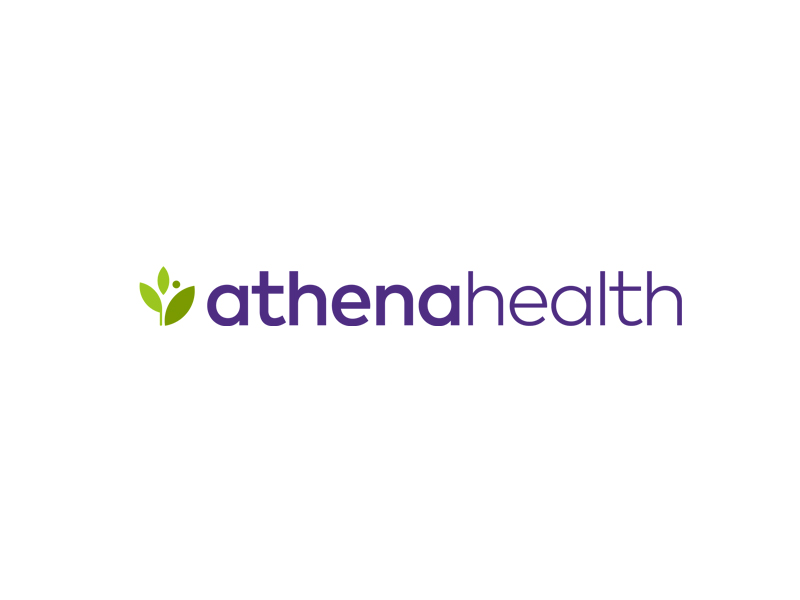athenahealth, a leading provider of network-enabled software and services for medical groups and health systems nationwide, has officially published findings from a new research, where it used de-identified data from more than 6,300 practices and over 50 million patients.
Going by the available details, these results showcased how healthcare practices with higher patient digital engagement experience improved financial performance and see a reduction in time spent on documentation.
Furthermore, they tread up a long distance to indicate that, despite the clear benefits of digital patient engagement, inconsistencies remain in regards to the way practices and patients leverage these tools. Breaking it down a notch more, the research witnessed evident differences across specialties and patient demographics.
Before we dig any further, we ought to mention how the whole exercise was conducted using athenahealth’s proprietary Patient Digital Engagement Index (PDEI), which happens to be an innovative tool capable of informing practices about their patient digital engagement. PDEI scores, in case you weren’t aware, are calculated by looking at practices’ approach to online tools for activities, such as patient scheduling, paying bills, and viewing test results.
In the present context, though, the new research tracked and measured digital engagement of practices on the athenaOne® network between 2021 and 2024. As for the network data, it was supplemented by a survey of 1,000 patients across the U.S.
Talk about the given findings on a slightly deeper level, we begin from how a majority (75%) indicated that it is somewhat or very important for them to use digital tools to connect with the healthcare system.
Next up, the study found more than three out of four patients agreeing that digital tools simplify their interactions with the healthcare system. Patients across the board were also discovered as most interested in using digital tools to receive test results (73%), get appointment reminders (72%), and schedule appointments (67%).
“As the healthcare industry continues to adapt to meet increasing patient expectations and demands, patient digital engagement tools have shifted from a nice to have, to a must have for clinicians and practices,” said Paul Brient, chief product officer at athenahealth. “The PDEI is a novel tool we provide to our customers so that they can actively measure and track their patients’ digital engagement to ensure they are delivering the experience their patients are seeking in today’s (and tomorrow’s) healthcare environment.”
athenahealth’s research would even find that White and Asian patients have the highest percent of their digital activity occurring online, while Black and Latino patients have the lowest.
From a generation standpoint, Millennials were deemed as the most engaged of any generation, with an average of 22% of all their healthcare activity occurring online in 2023. The gender demographic, on the other hand, revealed that women are significantly more engaged with healthcare digitally (20.5 %) than male counterparts (17.8%).
It was figured that, corresponding to an uptick in practice’s size, median PDEI score also goes up. Out of these, Federally Qualified Healthcare Centers (FQHCs) have shown the fastest improvement in patient digital engagement scores over time compared to other types of organizations. Turning our attention towards specialties, women’s health and behavioral health ended up securing here the highest patient digital engagement scores.
Among other things, it must be mentioned that initial findings would show clinicians, who work for practice with higher PDEI scores, spending a lower proportion of their documentation time after hours.
If we get into the research methodology here, athenahealth’s Patient Digital Engagement Index research included both quantitative and qualitative data from three different samples to ensure the most accurate data.
“The success of our practice depends on delivering superior healthcare to our patients,” said Dr. Katherine Gregory, MD, MPH, San Francisco Gynecology and athenaOne customer. “Our ability to achieve this requires that our patients have access to their health information and are provided with the digital tools to communicate with our office, self-schedule, and complete relevant administrative work online so they can maximize their time with their clinician. This is a win-win for clinicians and patients. When patients feel connected and involved in their healthcare, their overall experience improves significantly.”



















